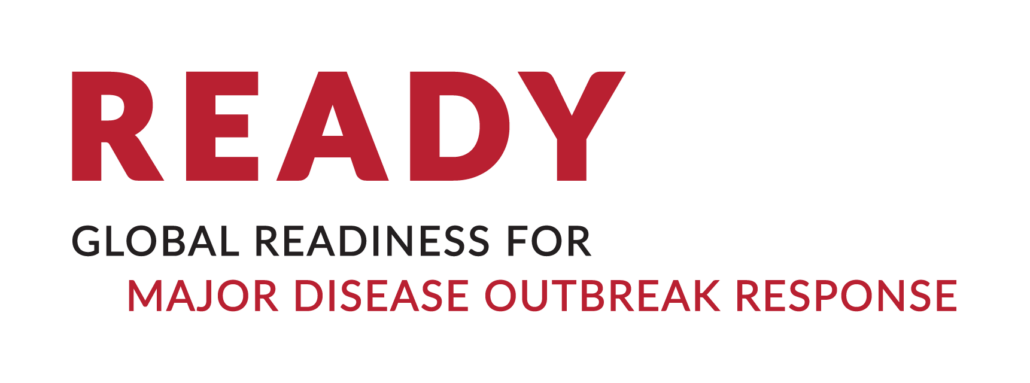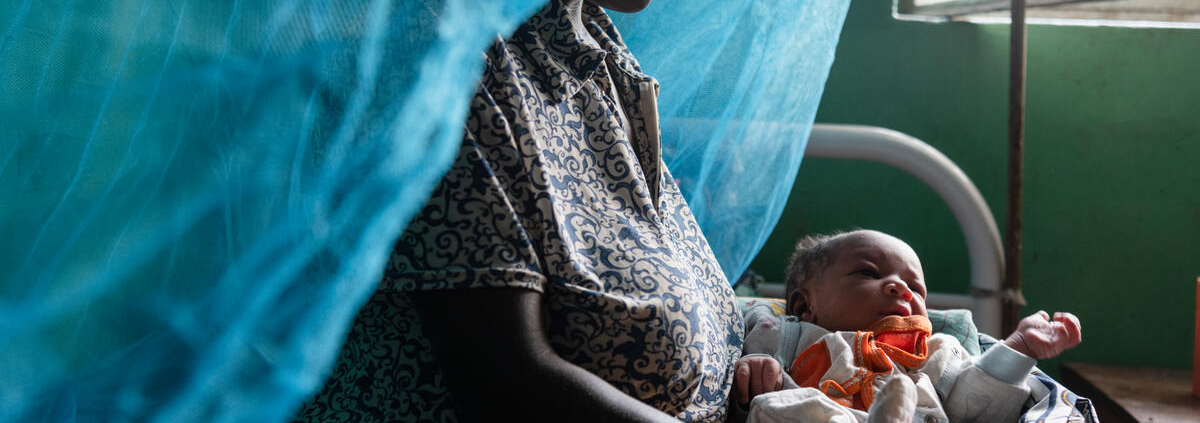Directrices para el manejo de mujeres embarazadas y lactantes en el contexto de la enfermedad por el virus del Ébola
Autor: Organización Mundial de la Salud
Existe una escasez de evidencia científica sobre cuál es la mejor manera de tratar a las mujeres embarazadas o lactantes con enfermedad por el virus del Ébola (EVE) presunta o confirmada. Los informes históricos sugieren que, entre las mujeres que contraen EVE durante el embarazo, hay una mayor mortalidad y morbilidad, y una tasa cercana al 100% de resultados adversos del embarazo.
Para salvar las vidas de las madres y sus bebés, mitigar las complicaciones y limitar la propagación de la enfermedad, es fundamental que se formulen recomendaciones sobre la prevención, el tratamiento y la vigilancia de las mujeres que están expuestas a la EVE, contraen la EVE durante el embarazo o la lactancia, o sobreviven a la EVE con embarazos en curso. Estas directrices son las primeras en ofrecer tales recomendaciones.


Este sitio web es posible gracias al apoyo del pueblo estadounidense a través de la Agencia de los Estados Unidos para el Desarrollo Internacional (USAID) en el marco de la iniciativa READY. READY (no es un acrónimo) cuenta con el apoyo de USAID. Oficina de Democracia, Conflictos y Asistencia Humanitaria, Oficina de Asistencia para Desastres en el Extranjero de EE. UU. (OFDA) y es liderado por Salva a los niños en asociación con el Centro Johns Hopkins para la salud humanitaria, el Centro Johns Hopkins para programas de comunicación, Reino Unido-Med, Alianza EcoSalud, y Misericordia Malasia. Los contenidos de este sitio web son responsabilidad exclusiva de Save the Children. La información proporcionada en este sitio web no refleja necesariamente las opiniones de USAID, de ninguno o de todos los socios del consorcio, ni del gobierno de los Estados Unidos, y no es información oficial del gobierno de los EE. UU.


